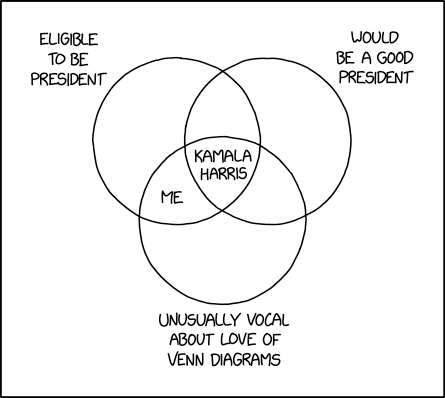
(actually we fucking hate the rise of SUVs too)

This is a really big deal, truly unprecedented in modern German history.
Volkswagen (VOWG_p.DE), opens new tab plans to shut at least three factories in Germany, lay off tens of thousands of staff and shrink its remaining plants in Europe’s biggest economy as it plots a deeper-than-expected overhaul, the company’s works council head said on Monday.
Europe’s biggest carmaker has been negotiating for weeks with unions over plans to revamp its business and cut costs, including considering plant closures on home soil for the first time, in a blow to Germany’s industrial prowess.
Volkswagen reiterated on Monday that restructuring was needed and said it would make concrete proposals on Wednesday.
“Management is absolutely serious about all this. This is not sabre-rattling in the collective bargaining round,” Daniela Cavallo, Volkswagen’s works council head, told employees at the carmaker’s biggest plant, in Wolfsburg, threatening to break off talks.
“This is the plan of Germany’s largest industrial group to start the sell-off in its home country of Germany,” Cavallo added, not specifying which plants would be affected or how many of Volkswagen Group’s roughly 300,000 staff in Germany could be laid off.
Volkswagen reported a 42 percent drop in quarterly profit on Wednesday, while emphasizing an “urgent need” to cut costs and gain efficiency in a challenging marketplace as it considers plant closures and layoffs in Germany.
The automaker’s negotiator pointed to the company’s weak earnings ahead of his meeting with union leaders, who warned of imminent strikes if a solution to cut costs and restructure the brand was not found.
The Volkswagen Group, which owns 10 brands, including Audi and Porsche, is Germany’s largest industrial employer, with 120,000 people working for its eponymous core brand. The country’s vision of itself as an economic powerhouse and automotive giant is also deeply intertwined with Volkswagen, and local economies across the country depend on the company and its well-paid workers.
Representatives from the automaker and IG Metall, the union representing most of its workers, convened for a second round of wage negotiations on Wednesday in a conference room in the Volkswagen Arena, the stadium of the company’s professional soccer team, VfL Wolfsburg.
Before the talks, Volkswagen reported that profit fell to 2.86 billion euros, or $3.1 billion, for the months of August to September, its lowest level in three years. The company is struggling against falling demand in China, the world’s largest car market, and high costs, especially in its homeland, Germany.
“The situation is getting worse,” Arne Meiswinkel, the chief of personnel at Volkswagen, who is leading negotiations for the company, told reporters before the negotiations began.
But union leaders insisted that a guarantee by the company that all 10 of its factories in Germany would remain open was a prerequisite for them to stay at the negotiating table. The union is prevented from staging any strikes until the end of November, but leaders said that they would begin preparing walkouts unless their demand was met.
This feels like American style unionbusting here, with threats to move production to Poland and other cheaper nations. I don’t know enough about Germany to really have much to offer, except to say that I can’t imagine this won’t play a major impact in German politics and I wonder what the government will do here.
The post What’s Going on at Volkswagen? appeared first on Lawyers, Guns & Money.


